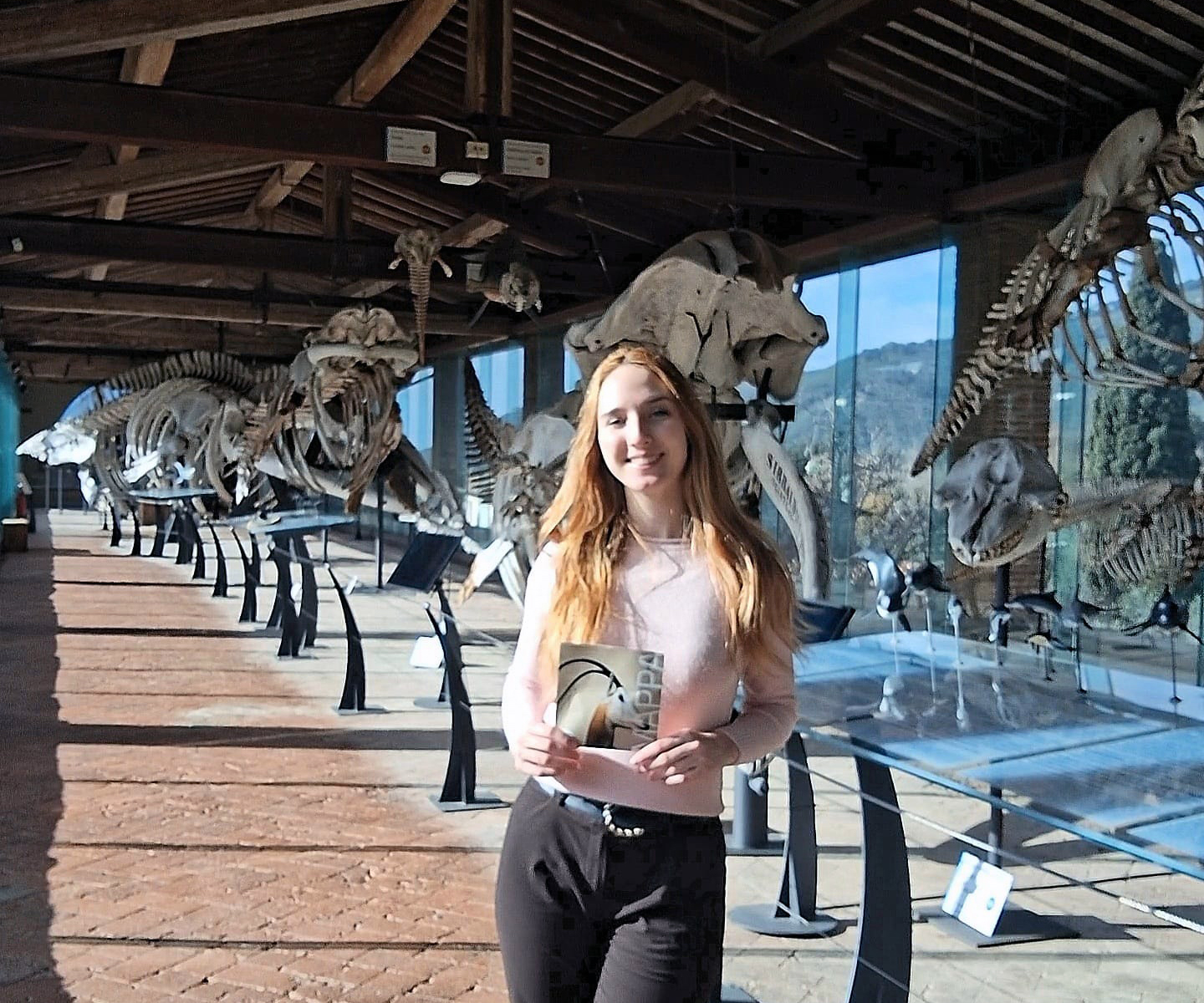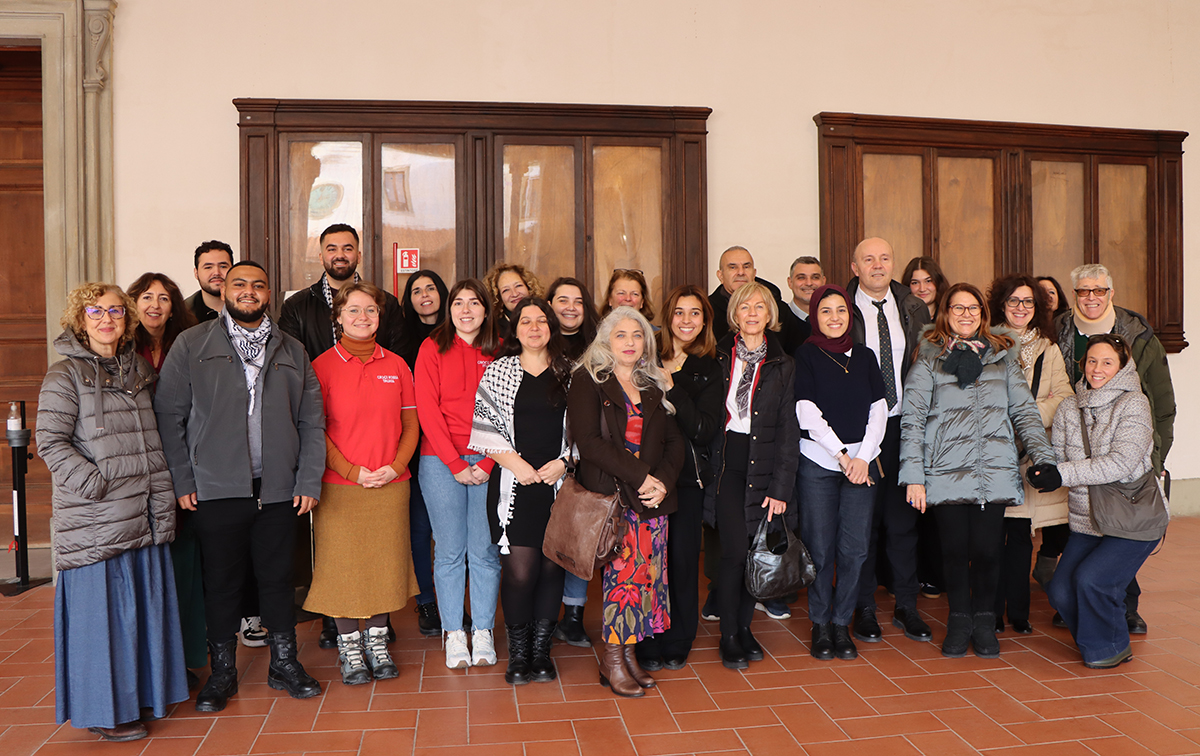
Why does rheumatoid arthritis never fully heal, and what mechanisms prevent complete and lasting remission? These are the questions at the heart of the research project “Investigating the role of fibroblast-macrophage crosstalk via lactate in regulating tissue repair in rheumatoid arthritis”, which will focus on the role of lactate in communication between joint cells. Funded by FOREUM – Research in Rheumatic and Musculoskeletal Diseases with a EUR 200,000 grant, the project will be coordinated by Valentina Pucino, researcher in the Department of Clinical and Experimental Medicine at the University of Pisa, in collaboration with the University of Oxford and the University of Birmingham.
Rheumatoid arthritis is the most common form of autoimmune inflammatory arthritis, affecting around 0.5–1% of the global population. Despite major scientific advances and the development of biological therapies, one in three patients does not respond adequately to current drugs, with significant consequences for quality of life and healthcare costs.
In inflamed joints, lactate accumulates as a result of disordered activity by cells affected by chronic inflammation. Previous studies have shown that lactate can act as a “messenger” between cells, influencing their behaviour—a mechanism already observed in organs such as the brain, liver and muscles, as well as in cancer. However, its role in regulating the function of cells within joints has yet to be clarified.
“This project aims to fill this gap by exploring whether and how lactate contributes to sustaining inflammation, and by assessing the possibility of blocking specific lactate sensors to promote tissue repair,” explained Dr Pucino. “Such an approach could lead to the identification of new therapeutic targets and predictive markers in various chronic inflammatory diseases, with potentially significant benefits for patients and for the sustainability of healthcare systems.”



